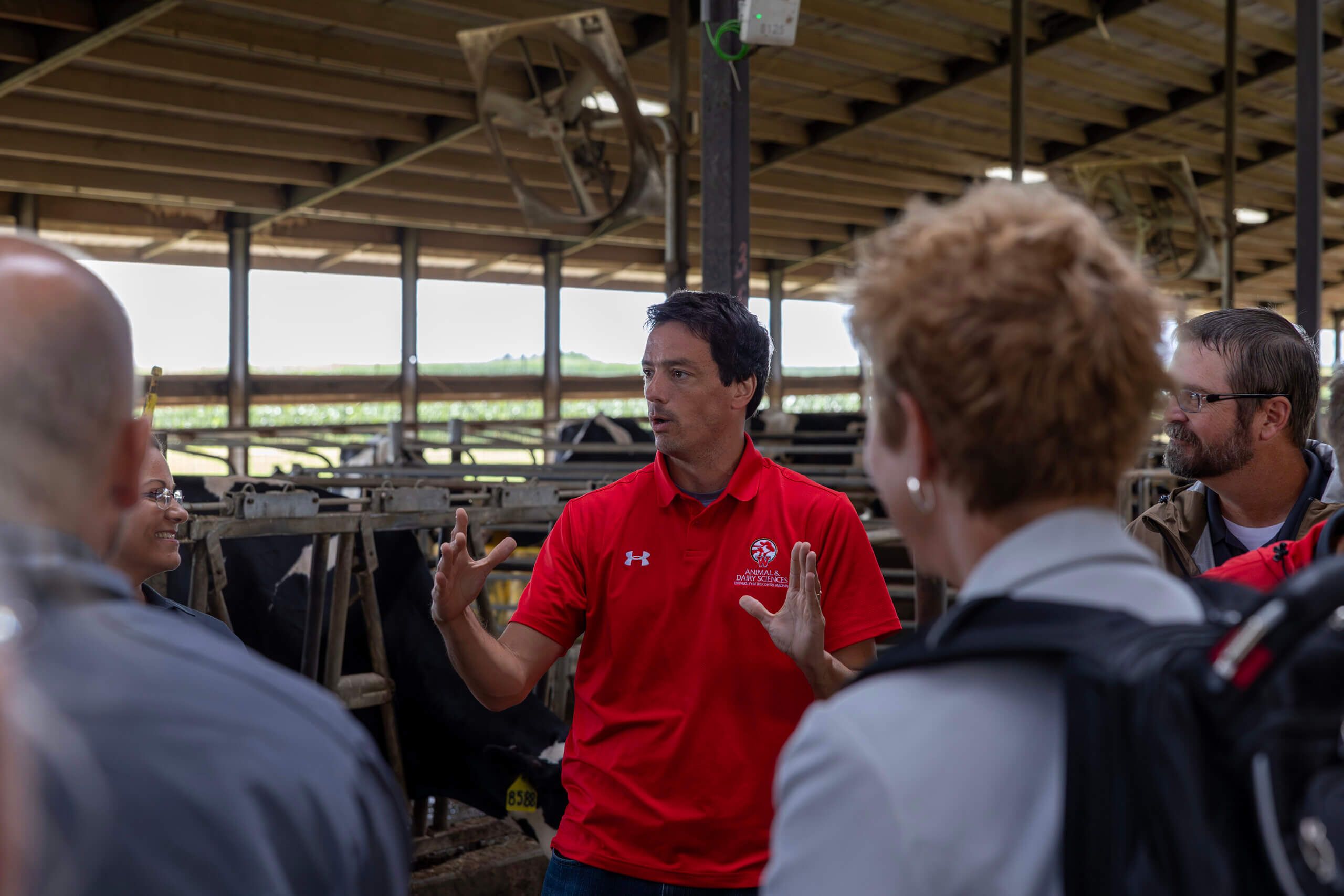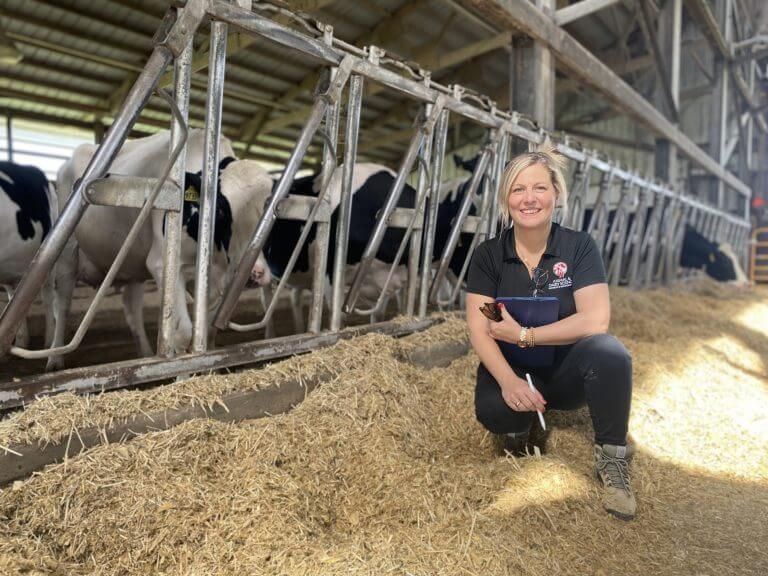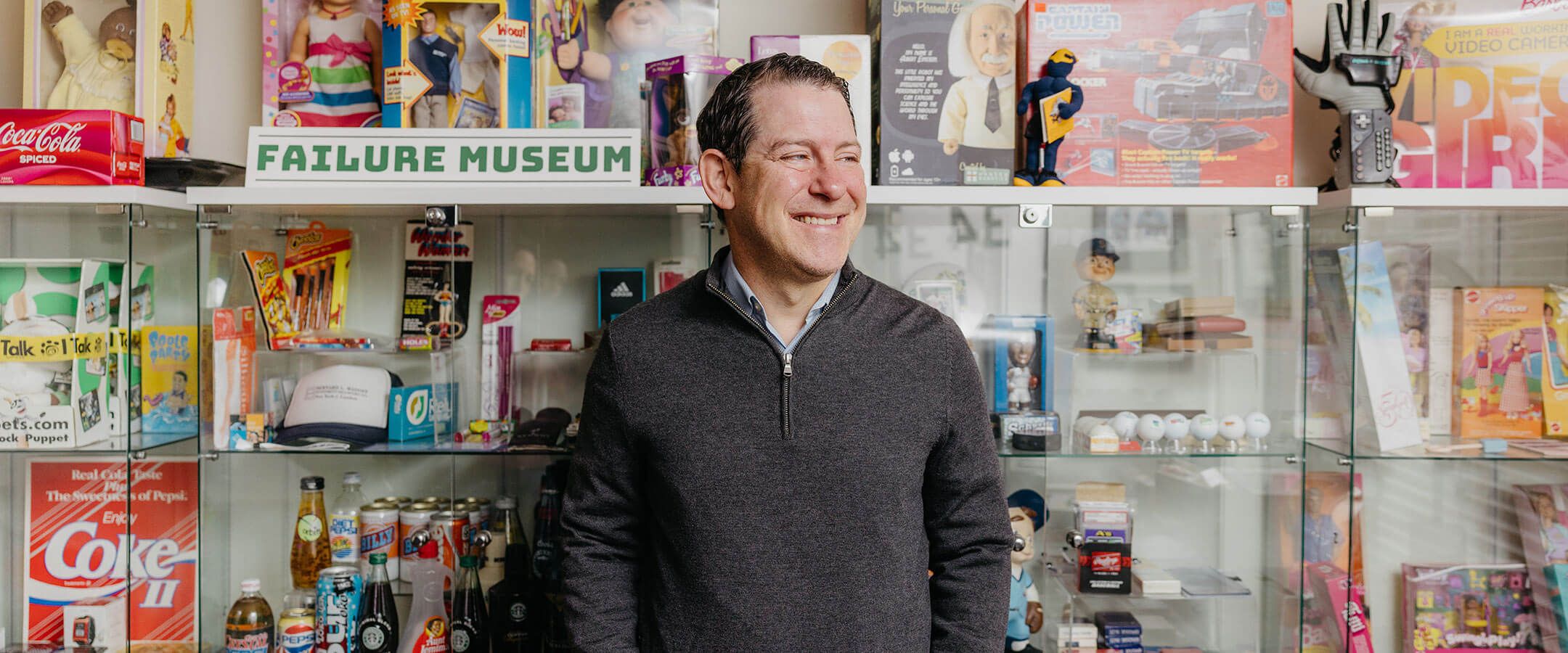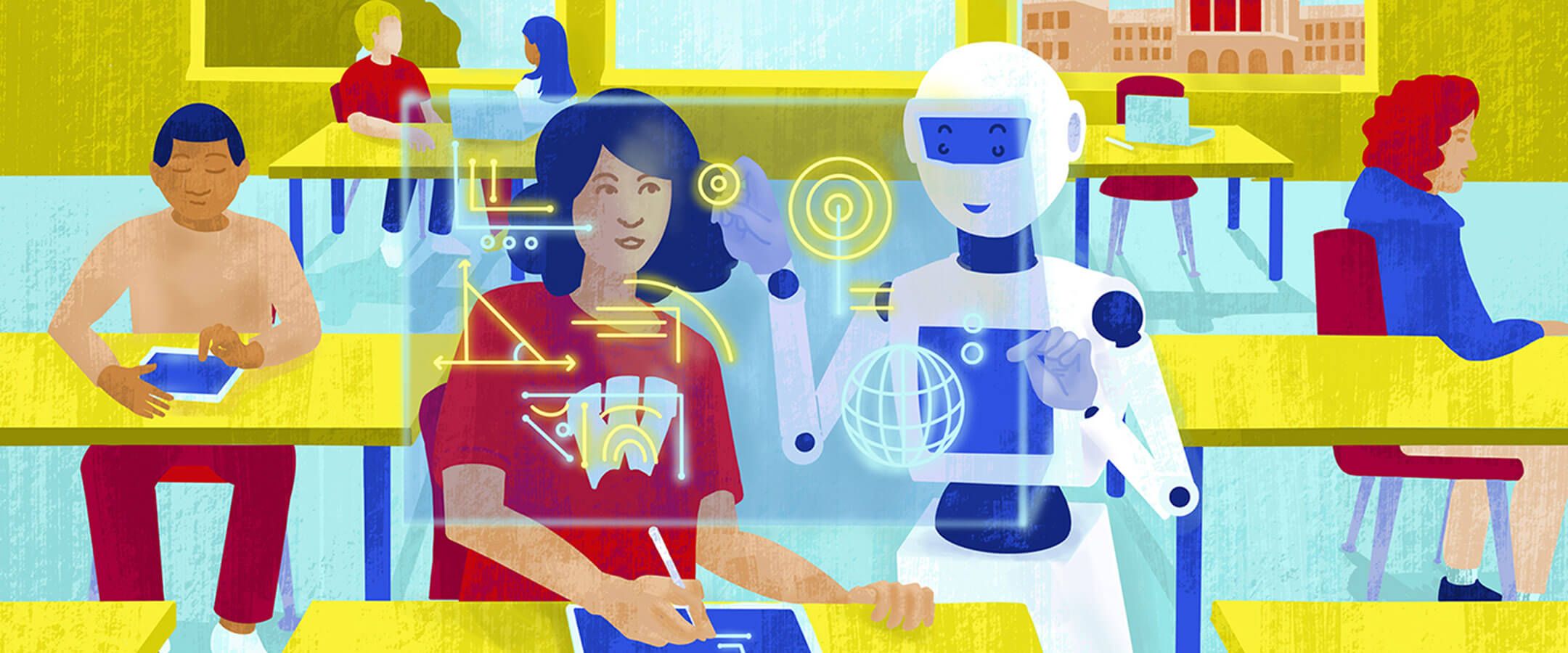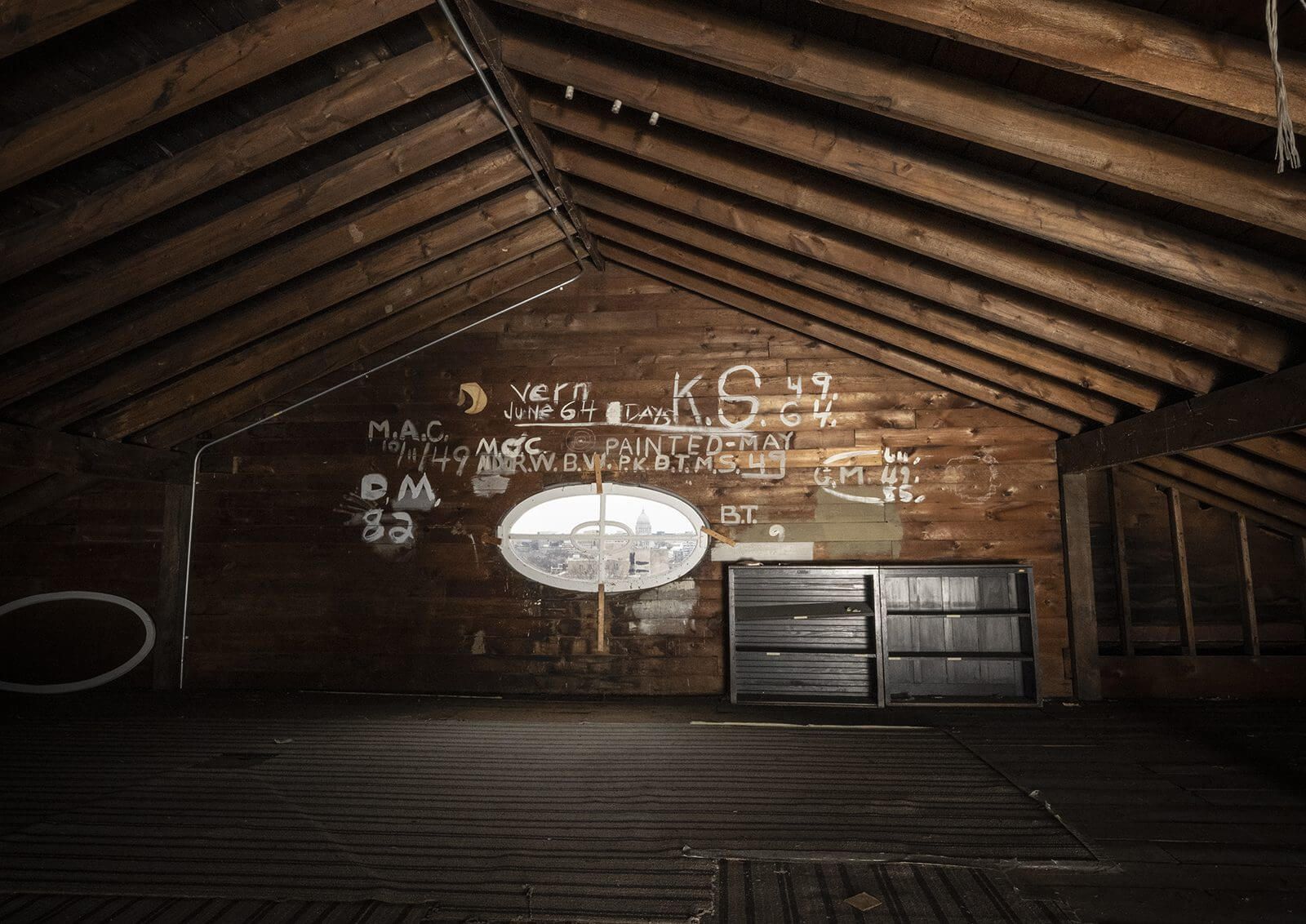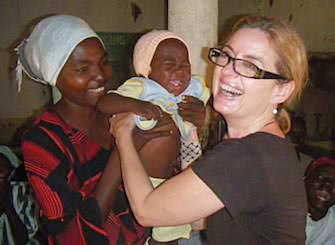
In 2016, the University of Wisconsin–Madison was awarded a UNESCO Chair on Gender, Wellbeing, and a Culture of Peace: a first in the state of Wisconsin and a first for the university in any area. It creates a global platform for the Department of Gender and Women’s Studies and for the campus wide 4W (Women and Wellbeing in Wisconsin and the World) Initiative.
UW–Madison joins a network of 12 other chairs on gender around the world, connecting the efforts of women in Europe, Latin America, Africa, and the United States.
“The establishment of this chair is a testimony to the role that UW–Madison has played — locally and globally — to advance women in a broad array of fields, including human ecology, gender and women’s studies, nursing, and education,” says Lori DiPrete Brown, director of the 4W Initiative and an associate director of the Global Health Institute (GHI).
The chair selection committee recognized UW–Madison’s plans to encourage innovation through technological databases, online portals, North-South collaboration, and information sharing.
“The chair will be the first in North America to interrelate gender, wellbeing, and a culture of peace through researchers, practitioners, and advocates for knowledge exchange and collaboration,” according to a statement from the committee.
It’s just one more example of how the UW is having a profound effect on lives and institutions that help to change the world.
Holding the chair jointly will be Araceli Alonso MA’97, PhD’02, a senior lecturer in gender and women’s studies and the 4W director for gender, clinical practice, and the health sciences; and Teresa Langle de Paz, codirector of Women’s Knowledge International at the Foundation for a Culture of Peace.
“The UNESCO chair can take our work at UW–Madison a step further into a global arena fostering transnational cooperation among feminist scholars, gender-issues professionals, institutions, networks, policymakers, and organizations,” Alonso says.
The designation gives UW–Madison a voice on these issues at an international level, says Soyeon Shim, dean of the School of Human Ecology and 4W lead dean. “The UNESCO chair gives the university the credibility and prestige on gender, wellbeing, and a culture of peace: a topic that’s also important to the United Nations,” Shim says.
It’s just one more example of how the UW is having a profound effect on lives and institutions that help to change the world.

